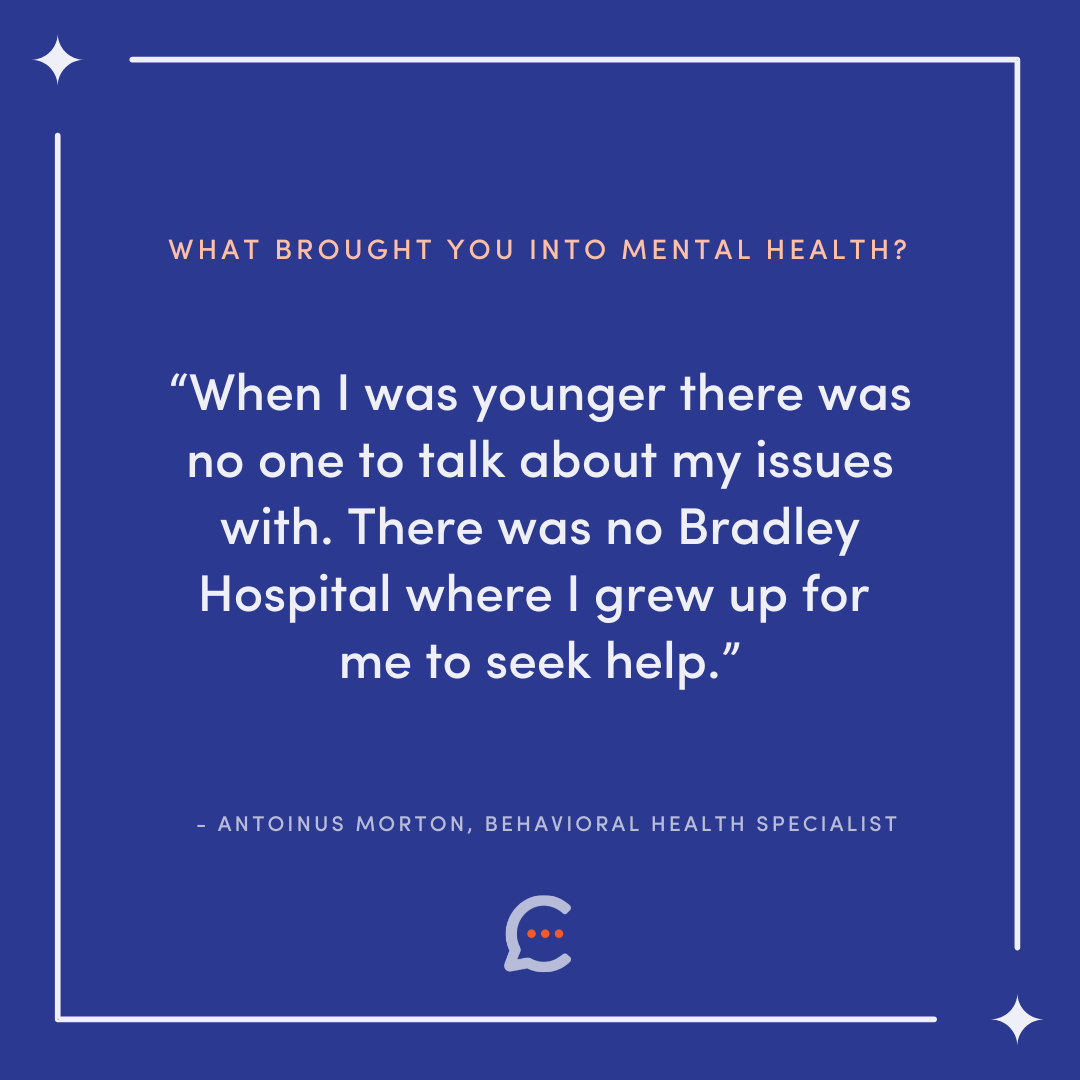Bradley REACH Blog.
To refer a child under your care please call (877) 992-2422 or contact us here.
American Girl: Startling Trends and Suicide in Teen Girls
Tom Petty’s famous song American Girl has become a staple American rock song. Urban legend says this song was inspired by a girl who attempted suicide. Recently, the song’s lyrics have rung true for too many American girls.
Fur as Therapy: The Therapeutic Aspects of Owning a Pet
In the world of psychology and mental health, there are countless tools and techniques designed to help individuals cope with life's challenges and improve their well-being. Fur as Therapy: The Therapeutic Aspects of Owning a Pet.
Bullying and Mental Health: What You Can Do
We know that bullying can have serious consequences for children and adolescents’ mental health. Physical, verbal, emotional, social and cyber bullying can all have a profound impact on teens’ sense of self and their social development. We all have a right to kindness and safety and should work towards this for ourselves and our communities.
Prescribing Stimulants via Telehealth Can Save Lives.
Stimulants are the most common medication used to treat ADHD. Individual, family and group therapy are crucially important for adolescents with an ADHD diagnosis, but there are times when rapid access to stimulants is truly lifesaving. Despite concerns about addiction, evidence shows that children with ADHD who have been treated with stimulants are no more likely to develop substance use issues than children with unmedicated ADHD.
Mental Health Is a Universal Human Right - World Mental Health Day 2023
Great strides have been made - including this year’s World Health Day Initiative on October 10th “Mental Health Is a Universal Human Right.” But we still have a long way to go. Mental health parity is a work in progress, and the global mental health crisis is on the rise.
Dispelling Myths About ADHD
In order to fully understand ADHD, we need to first understand the myths. Let’s start with the name – Attention Deficit Hyperactivity Disorder – a technical name that can come with a lot of myths, stigma and anxiety.
How Bradley Partners to Improve Care
During a crisis in child and adolescent mental health, more families are suffering than ever before. Across the country providers are struggling to keep pace with increased demand for services, often building new units and facilities to meet growing needs.
What is Trauma?
1 in 7 children in the US experienced neglect or abuse in the past year. Additionally, more than 1,000 children and adolescents are treated in EDs every day for physical assault-related injuries, approaching 400,000 children per year.
Why Telehealth Matters.
We realized the huge potential of virtual intensive programs to address the national emergency in children’s behavioral health.
Why I REACH: An Interview With a Behavioral Health Specialist
Why I REACH: An Interview With a Behavioral Health Specialist
7 Tips for Supporting Your Teen’s Return to School
A new school year can bring a variety of emotions and often prompts teens to need additional support. Here are 7 tips that all parents can do to smooth the transition into the school year.
A Brighter Future for Teenagers’ Behavioral Health in the Sunshine State
Knowing that one in five children experience behavioral health issues, the need for more treating clinicians in Florida is evident. That’s where our partnership with Bradley Hospital and its child and adolescent psychiatrists comes in.
Healthy Parenting Without a Manual
Parenting is hard. Often the parenting you are providing is enough as long as you have built a healthy foundation of trust with your child. Parenting is usually not as much about what I want my kids to do or who I want them to be, but who I want to be.
Parenting Teens from a Developmental Perspective
The transition from childhood to adolescence is complicated on many levels, including from a parenting perspective. Developmental changes including biological, psychological and social changes make parenting adolescents very different from parenting younger children.
Understanding Anxiety
It is important to understand more about anxiety. We all face anxiety and it is not necessarily a negative experience. Anxiety activates the fight or flight response and lets us know there is danger. It can help keep us alive. It has a purpose.
The Growing Evidence for IOPs and PHPs
At a time of national crisis in adolescent mental health, this emerging evidence about treatment programs that work provides a glimmer of optimism that there are things we can do to help teens and their families. With resources and high-quality care, things can get better.
Why It Makes Sense to Focus on Mental Health in the Summer
In reality though, the sun being out doesn’t mean that mental health challenges disappear. The good news is that summer can be an ideal time to address mental health challenges and set your teen up for success over the year ahead.
Racism and Mental Health
In July, we celebrate BIPOC Mental Health Awareness Month. As we move between these two events, we should remember that they are connected: the legacy of slavery (and of colonialism) means that BIPOC (Black, Indigenous and People of Color) Americans continue to experience inequity in mental health care.
Intersecting Identities: Celebrating Autistic Pride
Individuals on the autism spectrum are characterized by differences in social communication and interaction, and in restricted and repetitive behaviors and interests. Up to 35% of autistic youth identify as LGBTQIA+, making them an important part of the queer community. The National Autistic Society provides more information on the relationship between gender identity and autism.
Spaces of Belonging and Affirmation for Pride Month and Beyond
June is Pride month. But from a mental health perspective, creating safe spaces for LGBTQIA+ people has to be something we focus on year-round. Written by our own Psychologist, Molly Hedrick.




















